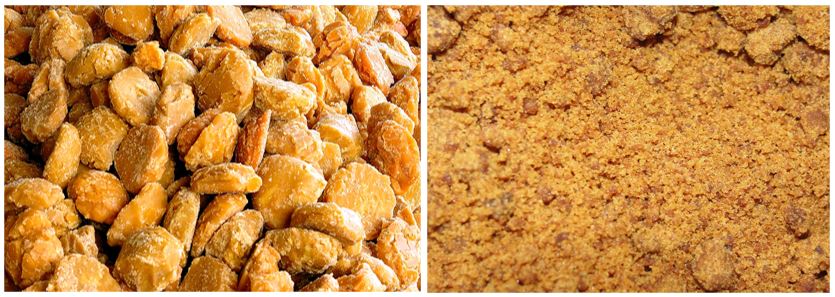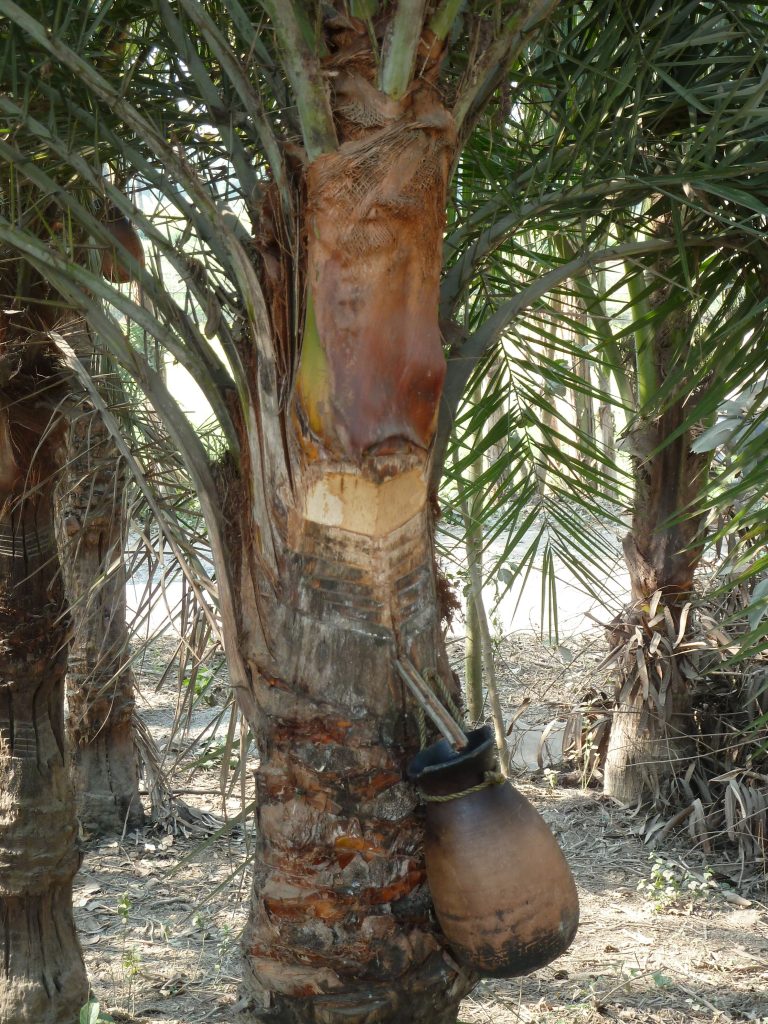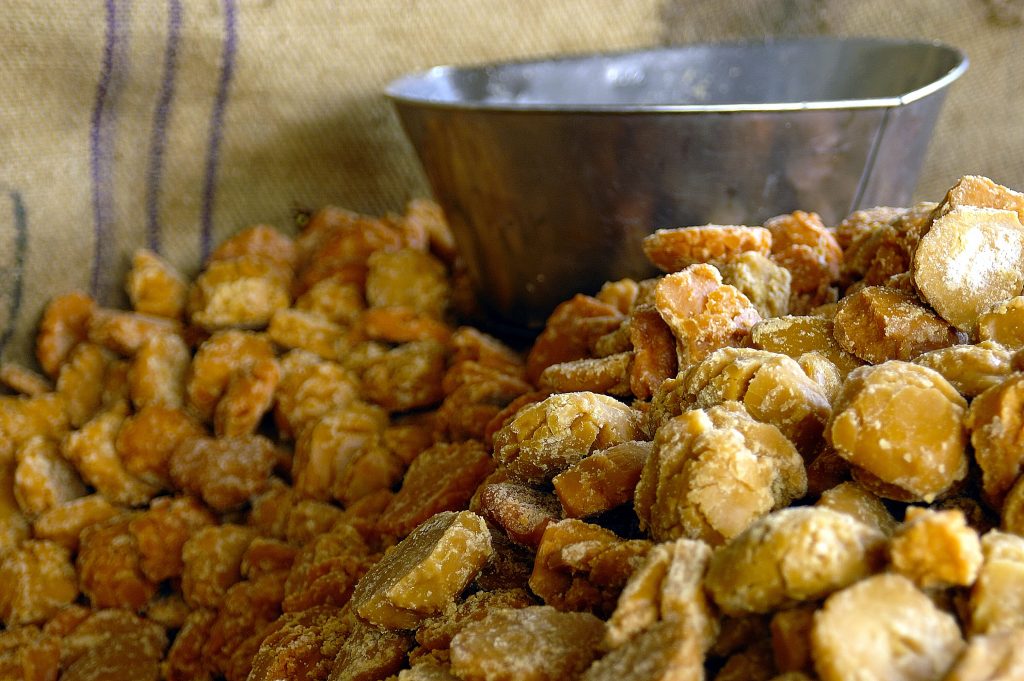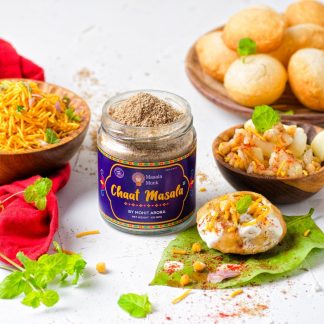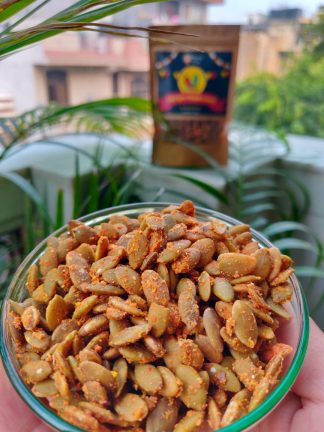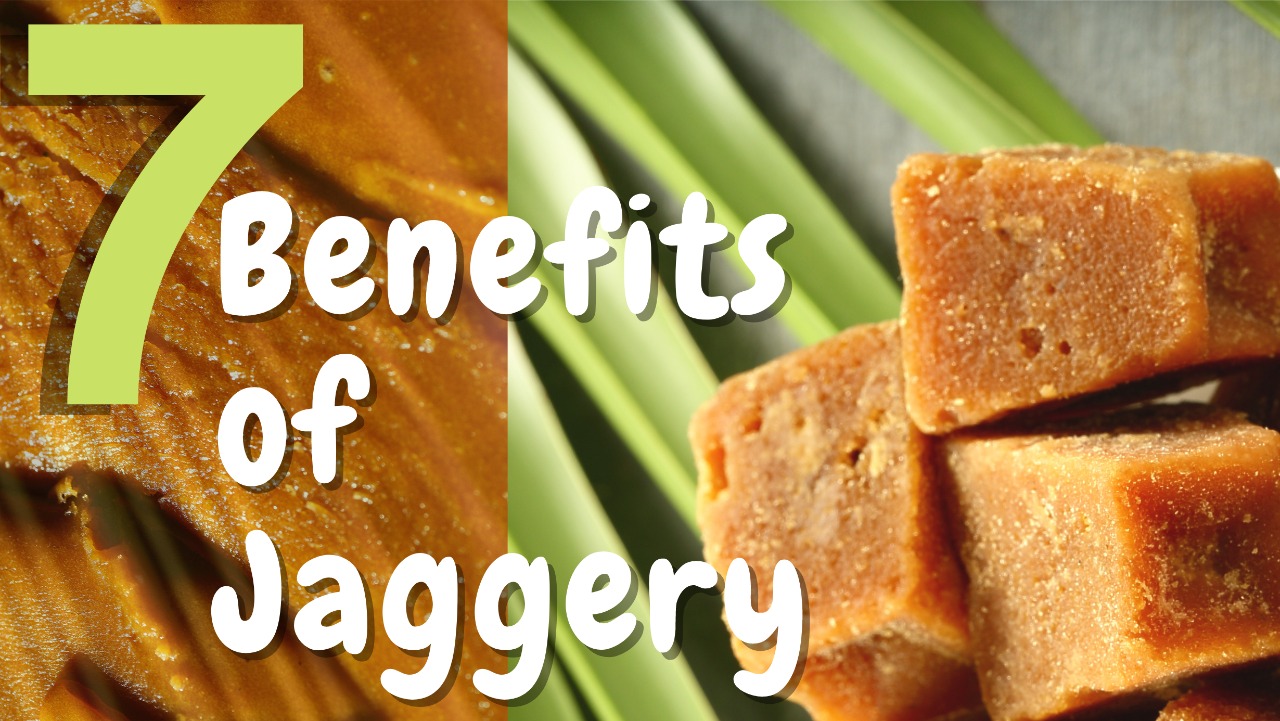
Jaggery (Gur): A Comprehensive Guide
Jaggery, often referred to as “Gur” in various parts of India, is a traditional non-centrifugal cane sugar consumed widely across Asia, Africa, and some parts of the Americas. This golden to dark brown sweetener, derived from sugarcane juice and sometimes date or palm sap, has been a staple in many cultures for centuries. Let’s delve deeper into the world of jaggery, its benefits, uses, and potential side effects.
1. Understanding Jaggery:
Jaggery is an unrefined sugar product predominantly made in Asia and Africa. Unlike refined sugar, jaggery retains its molasses content, giving it a distinct color, flavor, and nutritional profile.
Origin and Production:
The production of jaggery involves boiling sugarcane juice and allowing it to set into blocks or molds. The process is organic, with no chemicals added to separate the molasses from the crystals.
2. Health Benefits of Jaggery:
Natural Sweetener:
Jaggery serves as a healthier alternative to refined sugar, offering a richer taste and a more robust nutritional profile due to its molasses content.
Digestive Aid:
A small piece of jaggery after meals can stimulate digestive enzymes, aiding in optimal digestion and preventing constipation.
Liver Detox:
Jaggery acts as a natural detoxifier, cleansing the liver by flushing out harmful toxins.
Mineral-Rich:
Being a source of essential minerals like iron, magnesium, and potassium, jaggery can help in preventing anemia and regulating blood pressure.
Energy Booster:
Unlike white sugar, which offers a quick spike in energy, jaggery provides a gradual release of energy, ensuring sustained energy levels.
3. Culinary and Medicinal Uses of Jaggery:
In Cooking:
Jaggery is a versatile ingredient used in a variety of Indian dishes, from sweets like ‘gur ka halwa’ to savory dishes like ‘gur-imli ki chutney’.
Traditional Medicine:
In Ayurveda, jaggery is used to treat respiratory and digestive issues. It’s also believed to help with migraines and anxiety.
Cultural Significance:
In many cultures, jaggery plays a role in religious ceremonies and rituals. For instance, in India, jaggery is offered to deities during festivals.
4. Potential Side Effects and Precautions:
Weight Concerns:
While jaggery has numerous health benefits, overconsumption can lead to weight gain due to its high-calorie content.
Diabetes Watch:
Jaggery, being a sugar product, can impact blood sugar levels. It’s advisable for diabetics to consult with a healthcare professional before including it in their diet.
Allergies:
Though rare, some individuals might be allergic to jaggery or its components. It’s essential to be aware of any adverse reactions.
5. Frequently Asked Questions (FAQs):
- How does jaggery compare to brown sugar? While both have a similar color, jaggery retains more nutrients due to its molasses content.
- Can jaggery replace sugar in baking? Yes, jaggery can be used as a substitute for sugar in baking, but it will impart a distinct flavor.
- Is jaggery suitable for skin care? Jaggery, with its antioxidant properties, is believed to promote healthy skin and prevent acne.
- How should jaggery be stored? It’s best to store jaggery in a cool, dry place, away from moisture to prevent it from getting moldy.
- Is jaggery vegan? Yes, jaggery is a plant-based product and is considered vegan.
- Can jaggery help in weight loss? While jaggery has health benefits, it’s still a form of sugar. Consuming it in moderation is key.
- What is the shelf life of jaggery? Typically, jaggery can last up to 6 months when stored properly.
- Are there different types of jaggery? Yes, apart from sugarcane jaggery, there’s also date palm and coconut jaggery.
- How can one identify pure jaggery? Pure jaggery will have a distinct flavor and won’t have a crystalline texture.
- Is it safe to consume jaggery daily? In moderation, jaggery can be a part of a balanced diet. However, it’s essential to monitor one’s overall sugar intake.
Conclusion:
Jaggery, with its myriad of health benefits, cultural significance, and culinary versatility, remains a cherished sweetener in many households. As with all foods, moderation is key. Whether you’re using it for its health benefits, in culinary delights, or for its cultural value, being informed about jaggery ensures a balanced and informed approach to its consumption.



